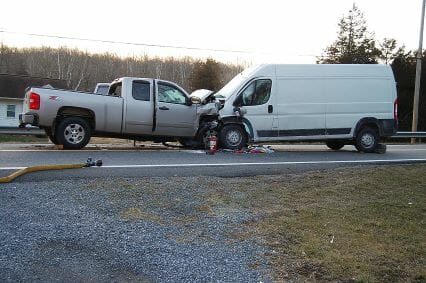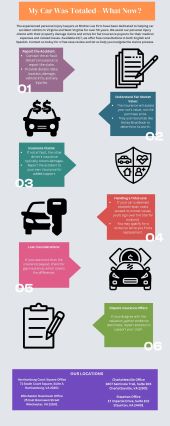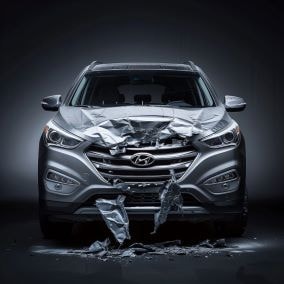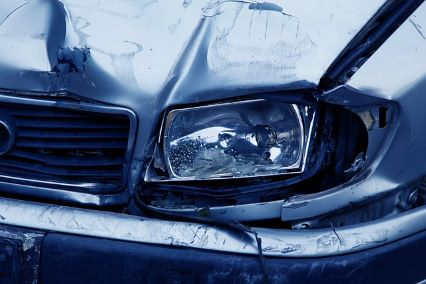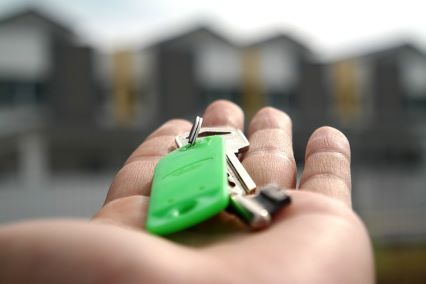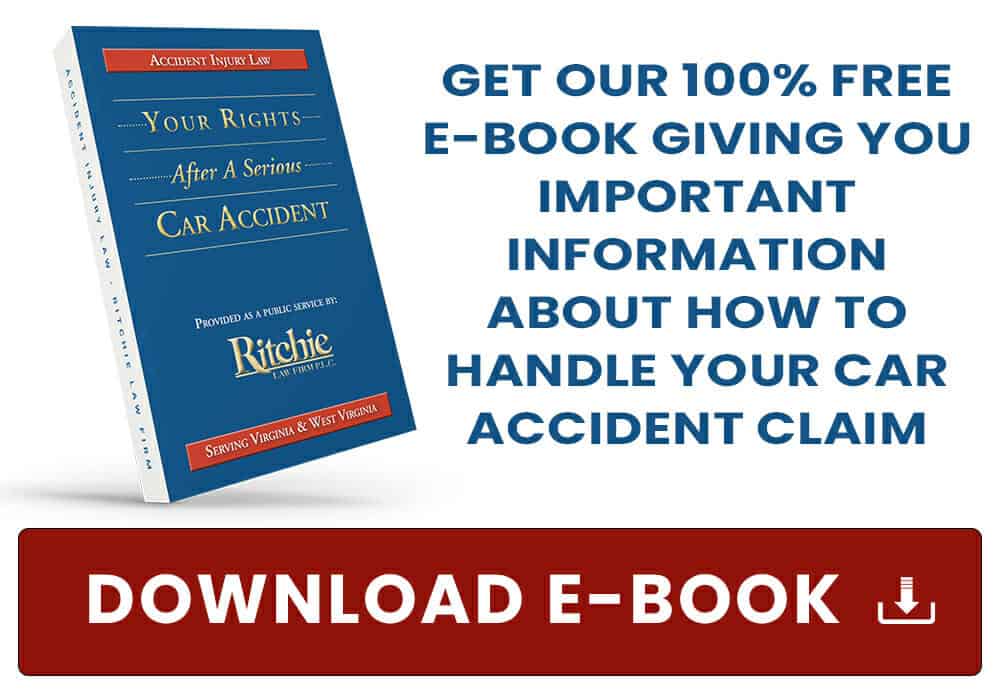My Car Was Totaled, What Can I Do?
If you’ve been in a car accident of any kind, you know dealing with any injuries you might have sustained as well as getting your car repaired can be a hassle. No one wants to be taken advantage of by the insurance company. But, auto insurance companies take advantage of unsuspecting people every day. The insurance adjuster is instructed by their corporate supervisors to not overpay on injury or property liability coverage claims. So, how can you handle a totaled car after an accident when you weren’t at fault? Read on to get step-by-step tips for how to handle this situation.
Key Takeaways
- Following a car accident, report the claim to the at-fault party’s insurance company. The insurance company will ask for the date of accident, location of the accident, information about your vehicle, and any injuries you suffered.
- The fair market value of a vehicle is not the amount you paid for the vehicle. Rather, the fair market value is the amount the car is worth if sold today.
- If you still owe money on your car, you will be responsible for paying off the loan after a car accident.
Insurance Company: The Other Driver’s and Yours
After an accident where you weren’t at fault, the first thing you’ll need to do is file an insurance claim and report the collision to the other driver’s insurance company. The easiest thing to do is look up the phone number for the company on the internet and call to report a claim. When taking information about the new claim, the other driver’s auto insurance company will likely ask the following questions about the accident:
- Date of accident
- Name of the other driver (their insured)
- Where it occurred
- How it happened
- Location and type of damage to your vehicle
- Make/model/year of your vehicle
- Whether you suffered any injuries
- Whether the police placed any charges
- Whether you have a copy of the police report
In addition to filing a claim with the at-fault driver’s insurance company, you’ll also want to report the accident to your own insurance company. This will give your own insurance company notice about the collision and at fault driver and will allow them to step in quickly in case things can’t be resolved to your satisfaction with the other driver’s insurance company.
Who Pays for the Damage to the Totaled Vehicle After an Accident?
If your car is totaled after a car accident and you are not at fault, usually the other driver’s insurance company will pay for your property damage.
Who Pays for the Damage to the Totaled Vehicle After an Accident?
If your car is totaled after a car accident and you are not at fault, usually the other driver’s insurance company will pay for your property damage.
If there is any question about liability (who caused the accident) or you were at fault, you may use your own collision coverage on your insurance policy to pay for car repairs until the liability issue can be resolved with the other driver’s insurance company.
If you use your collision coverage on your car insurance policy and the other driver is found to be at fault, your auto insurance company may request reimbursement from the insurance company for the at fault party. On most auto insurance policies, collision insurance is a separate coverage that is often part of a comprehensive coverage package that will pay for damage to your car regardless of who caused the damage.
If the at fault driver didn’t have insurance at the time of the crash, the uninsured motorist insurance on your insurance policy will help to determine the value of your vehicle and cover the cost of the repairs and make an insurance payment.
If your car is determined to be a total loss based on current market value, the insurance company will want you to sign over the car’s title to them so they can make a payout to you.
Actual Cash Value or Fair Market Value
The insurer determines that a car is totaled when the amount that it would cost to repair it is more than the vehicle’s actual cash value (ACV) or fair market value, or the value of the vehicle before the accident. The fair market value of your vehicle is not the amount you paid for your car but what you would get if you sold the car today in a fair transaction.
To determine fair market value, insurance adjusters will frequently use information from Edmunds.com or Kelley Blue Book. Insurance companies determine your car’s actual cash value through these resources.
These resources offer information about the value of a car based on the age and mileage of the vehicle, as well as make, model, location, condition, and other items such as upgrades. Alternatively, another way to determine fair market value of a totaled vehicle is to look for cars similar to yours that are for sale by private owners or used car dealerships.
In some states, the percentage a vehicle owner can recover for a totaled vehicle may be set by state law as well as the insurance companies. Many state laws have a total loss formula (TLF) which is often around 70% of a car’s ACV. This means that when your car is totaled the insurance company may consider your vehicle a total loss if the cost of repairs is at least 70% of the vehicle’s value.
For example, in Virginia, state laws provide that a car can be totaled if the cost of damages is 75% of the car’s value. If your car was worth $20,000 before the crash, if the repair estimate indicates that it will cost $15,000 to repair your vehicle, the insurance company will determine that your car is totaled.
If your car is determined to be a total loss, the insurance company will usually approve the use of a rental car for a short period of time to give you time to find a new motor vehicle. If the insurance company delays approval of a rental car, you can rent a car on your own and request reimbursement from the insurance company.
New Car Loan: What if I Still Owe Money on My Totaled Car?
If the car insurance company comes back with a property damage settlement amount that is below the amount you still have your car financed for, you should check to see whether you have gap insurance on the car. Gap coverage is often required by a bank or lender to help protect their loan when a financed car is totaled. Gap insurance coverage will pay the difference between your car’s ACV and any amount you still owe on the car loan when your new car is totaled.
Car Accident: What if I Disagree with the Insurance Company?
What if you disagree with the insurance adjuster estimate for the fair market value of your totaled car? If the insurance company’s assessment of the value of your property damage insurance claim doesn’t seem fair, you still have options but it will take a little work and your own research to prove the true actual value of the vehicle. To prove your car’s fair market value to your insurance adjuster, you can:
- Contact an independent car dealer to give an estimate of how much your car would have been worth before the accident;
- Give the adjuster copies of auto shop receipts or invoices for significant repairs or upgrades made to your vehicle;
- file a property damage lawsuit
These actions can help increase the amount the insurance company pays after an auto accident for property liability coverage.
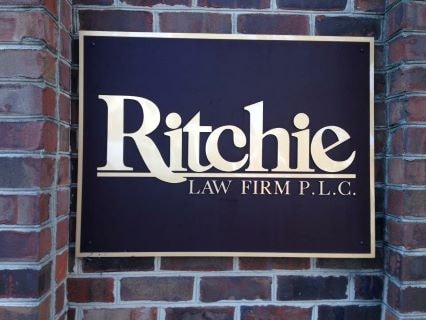
How Can a Property Damage Lawyer Help
The experienced personal injuries lawyers at the Ritchie Law Firm have successfully helped thousands of car accident victims for more than 50 years. If you were injured in a car accident in Virginia or West Virginia due to someone else’s negligence, we may be able to help you with your property damage claim as we work to fight for a fair insurance payout on your personal injury claim. We help injured clients recover compensation for their medical bills and other accident related losses. We have helped many car owners through the claim process to get a fair settlement of their property damage claim.
We are available 24 hours a day, seven days a week, to help when you need assistance. We speak both English and Spanish and will give you a completely free initial consultation. Contact us now to get started with a free case review.
Don’t Get Hurt Twice!
We Go Into BATTLE for you!
You can talk to us for FREE
Call today 800-277-6124, fill out the form below or
download our free ebook in the side panel.
800-277-6124
Ritchie Law Firm is a personal injury law firm devoted to helping individuals who have suffered serious and catastrophic injuries or lost a loved one as a result of someone else’s negligence. Ritchie Law Firm specializes in Virginia law while helping clients in cities and surrounding areas of Harrisonburg, Charlottesville, Staunton, and Winchester also serves clients in West Virginia, including Martinsburg, WV. Besides being a Virginia motorcycle accident attorney, the Ritchie Law Firm also serves clients with brain injuries, victims injured by drunk driving, and crashes involving tractor trailers. We offer a free consultation for personal injury victims who seek compensation due to a serious injury.

